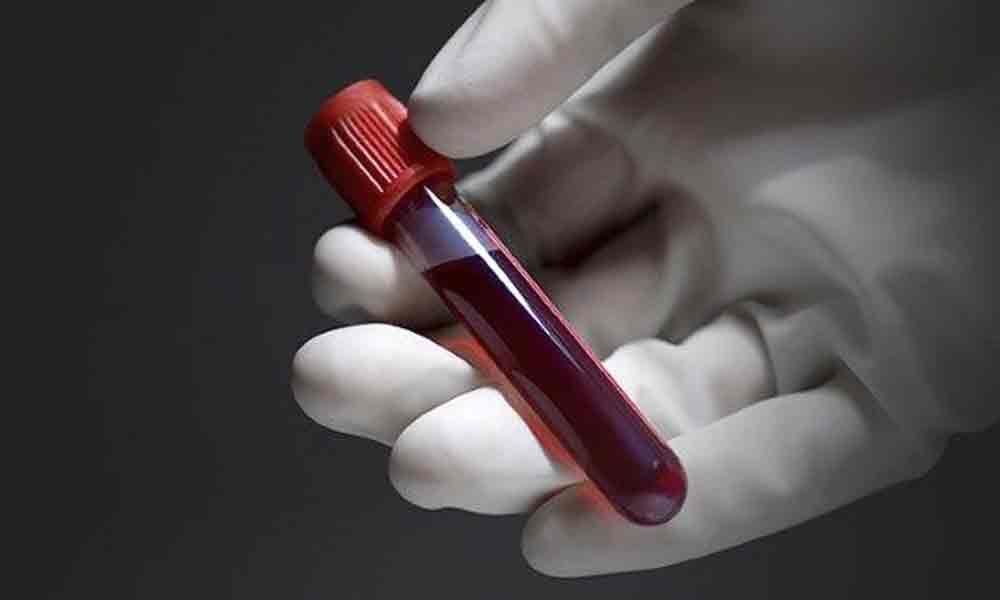Blood test can predict gut microbes diversity
 Blood test can predict gut microbes diversity
Blood test can predict gut microbes diversityScientists at the Institute for Systems Biology (ISB) in Seattle, USA, have developed a way to predict the diversity of microbes in an individual's gut by examining certain chemicals in the blood.
The researchers explored the link between some small molecules present in a person's blood, and the number of strains of microbes in their gut. The findings of their study was published in the journal Nature Biotechnology.
According to the study, this has created the possibility for developing a fast, cheap, and reliable blood test to identify individuals with low gut microbe diversity. Several microbes present in a person's digestive tract offer protective functions, and some are known to cause illnesses.
For long, researchers have tried to understand how the genetic diversity among these microbes - the microbiome - is maintained both in people with specific disease conditions, and also in healthy individuals.
For instance, a 2018 study in the British Medical Journal notes that diseases like irritable bowel syndrome are linked to the reduced proportion of certain bacterial strains like Bifidobacterium.
And some microbes like Clostridium difficile (C. diff) are known to kill people if they grow out of proportion in the gut, notes a 2015 press release from the Center for Disease Control, USA. "Without detailed information about host health and microbiome composition, defining a healthy gut microbiome has been difficult," said Nathan Price, associate director and professor at ISB and co-corresponding author of the research paper.
"Our findings allow us to evaluate the structure of the microbiome through the lens of host physiology. We believe the microbiome's reflections in the host are the best way forward for determining what is a healthy microbiome," he added.
By inspecting the blood analysis data of several hundred participants in a consumer scientific wellness program, the researchers found that they could predict the health-associated local diversity of the digestive tract microbes.
This method could help classify people with dangerously low gut diversity, making their guts prone to take over by microbes like C diff, the study noted. According to the researchers, the relationship between the analysed small molecules, and the gut microbe diversity remained consistent except for people classified as extremely obese.
"The loss of predictive power for morbidly obese participants indicates that they may be in a different metabolic regime, perhaps due to inflammation or a leakier gut," said Dr Sean Gibbons, assistant professor at ISB and a co-corresponding author of the research paper.
The researchers note that there is a middle ground for gut microbe diversity. While depleted diversity points toward diarrhea and inflammation, elevated diversity is linked to constipation and toxic protein fermentation chemical products, they mention in the journal paper.








